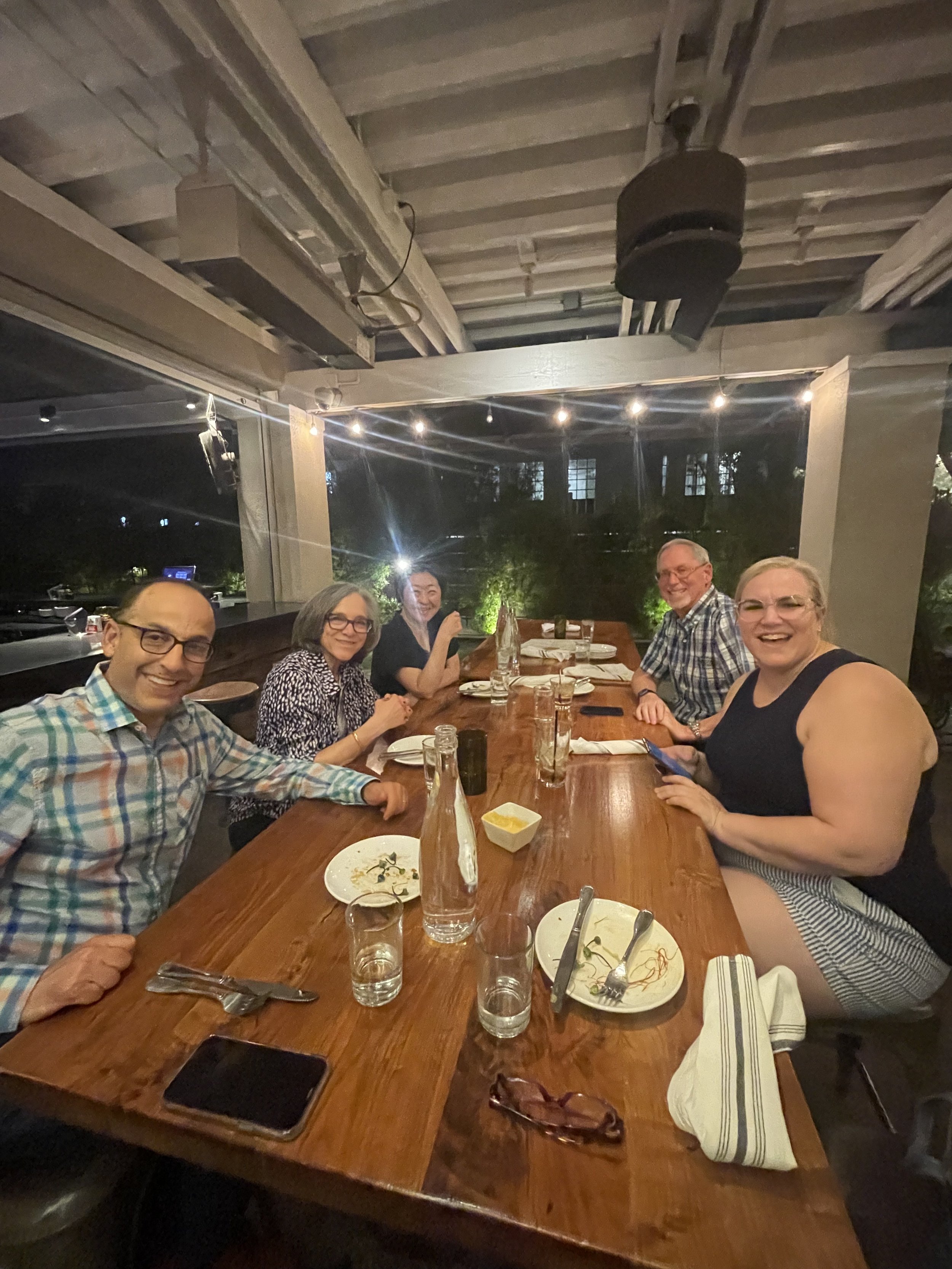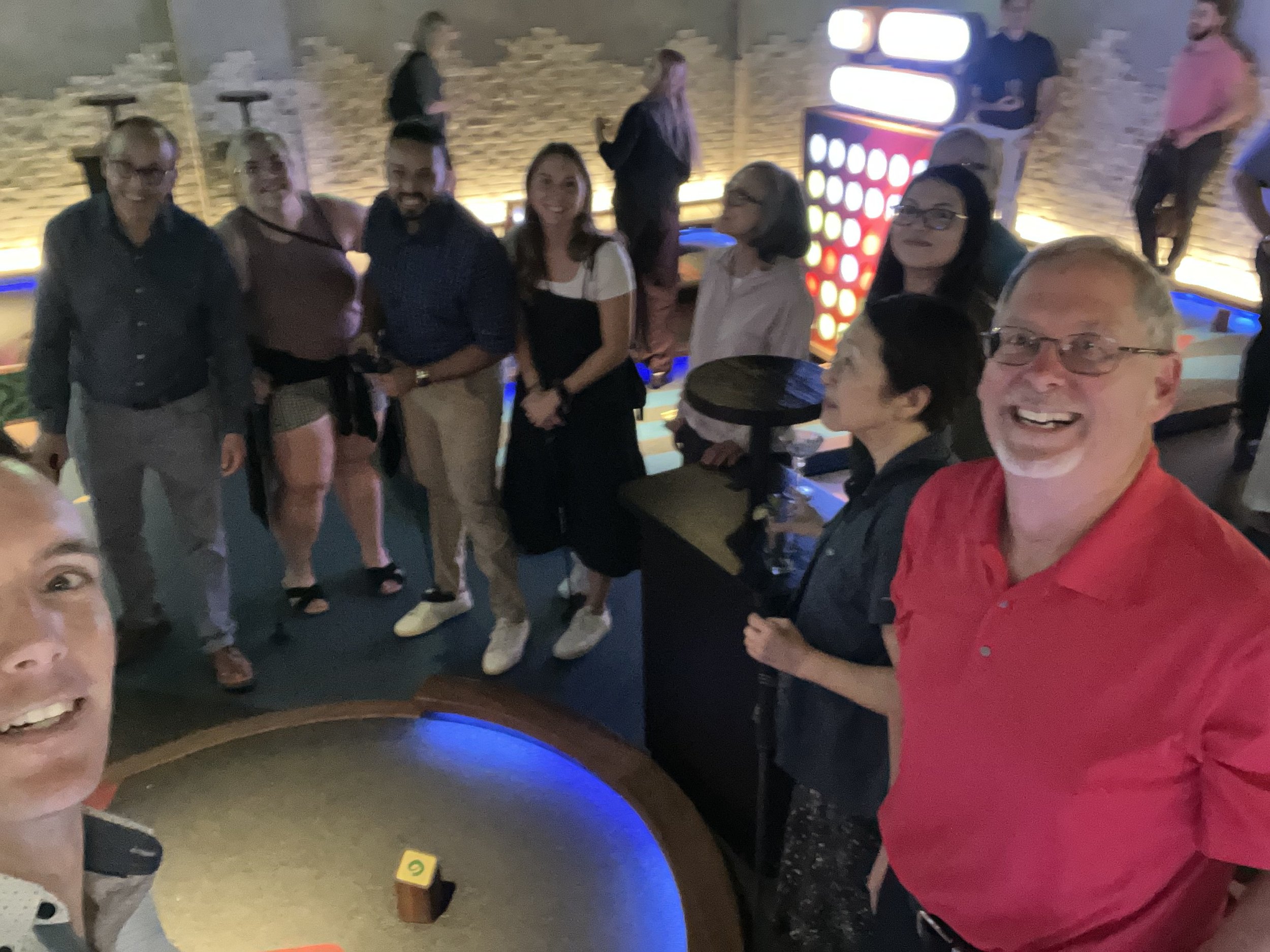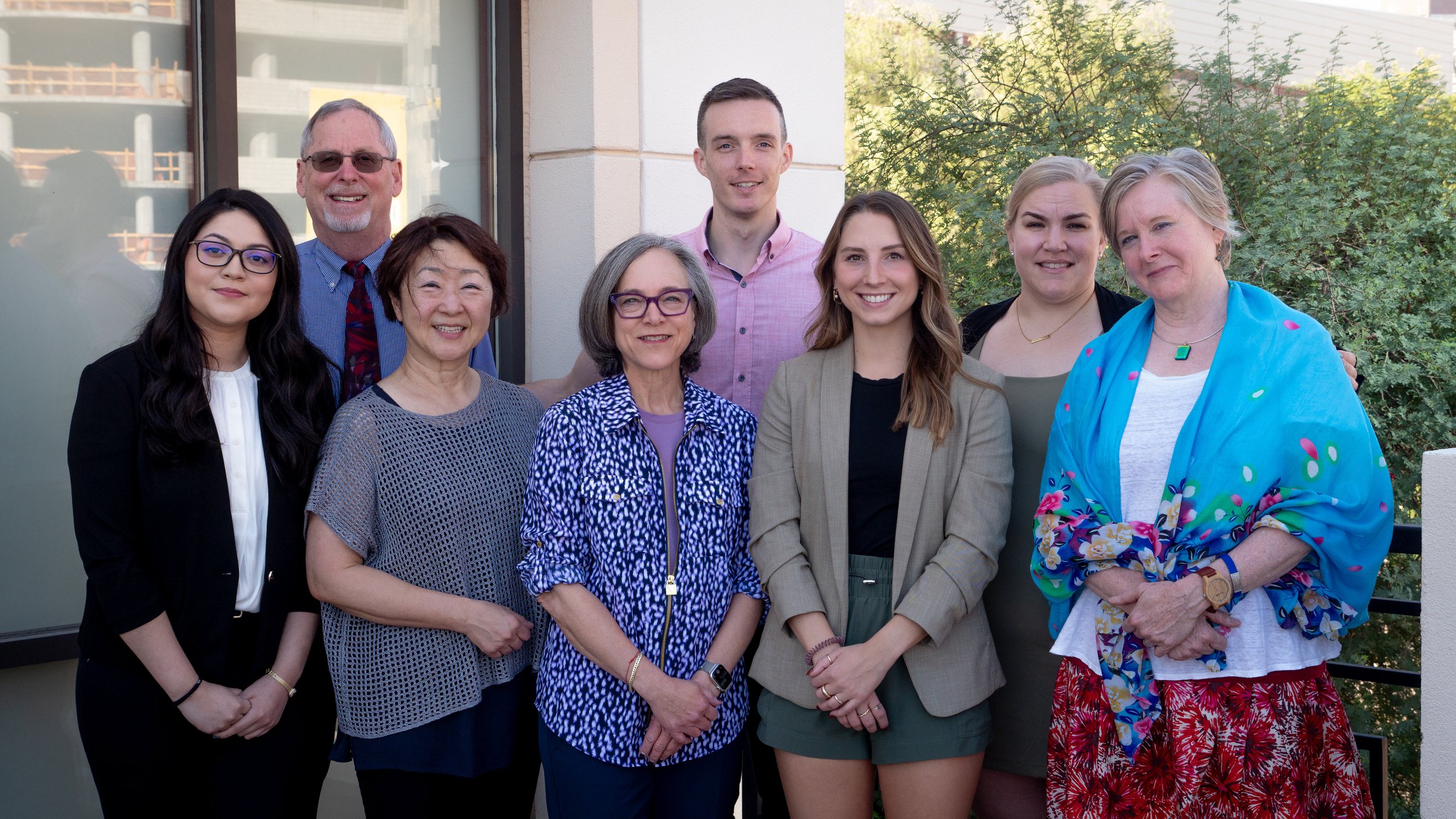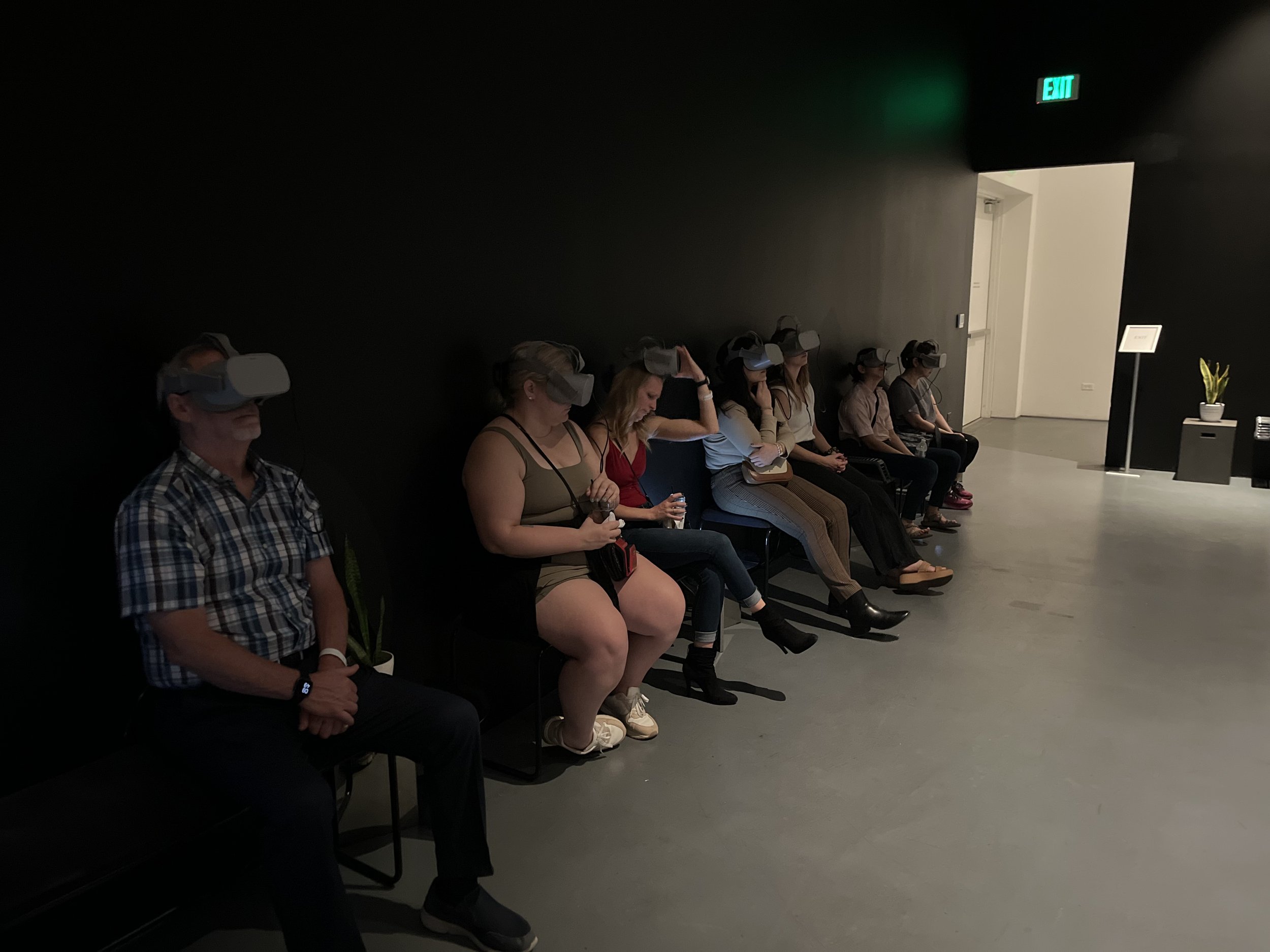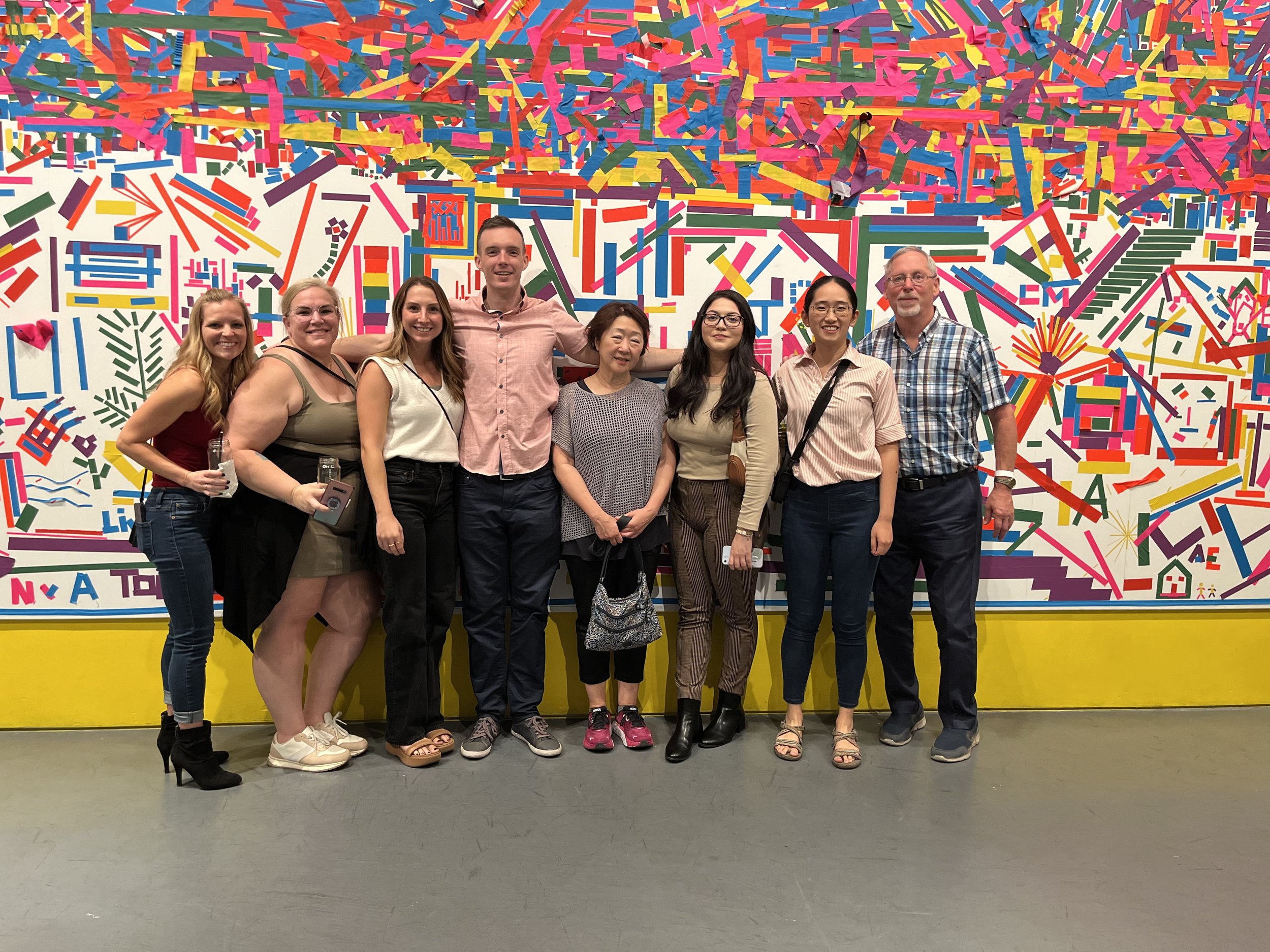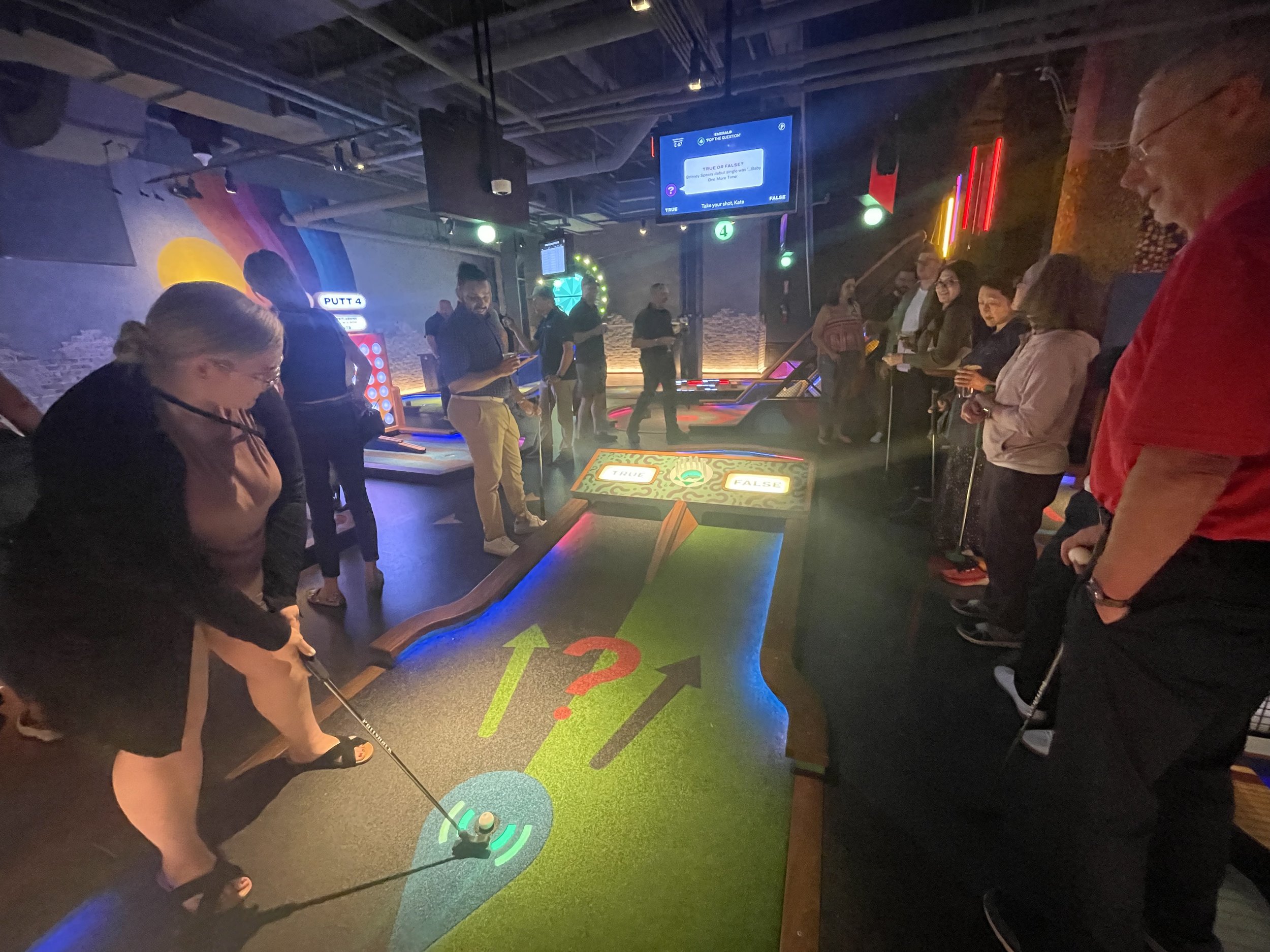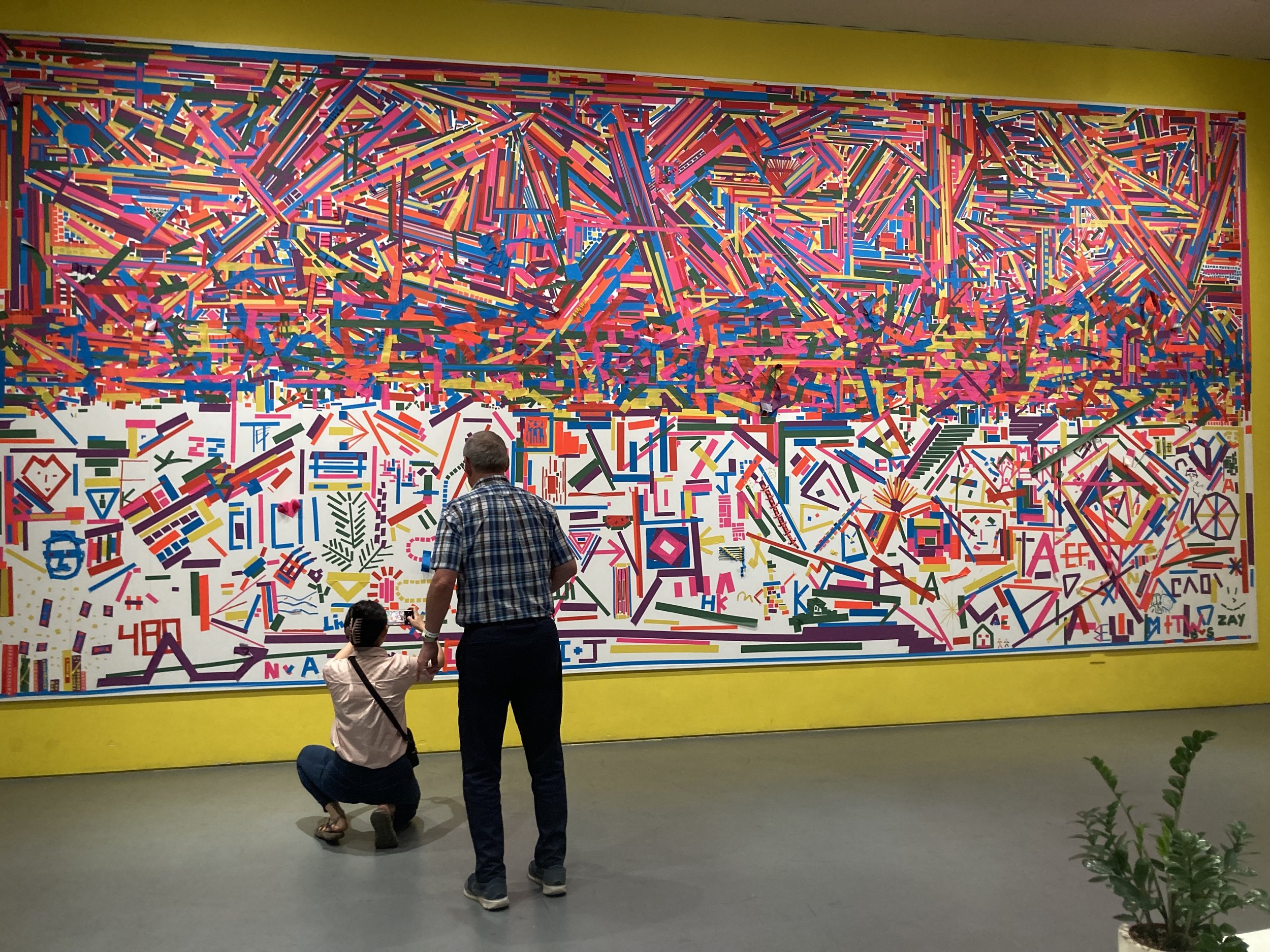Phoenix, AZ | 2025
CAB In-Person Meeting
The Community Advisory Board had its first in-person meeting at Arizona State University where we discussed the complexities in decision-making for people living with dementia (PLWD). We especially sought to explore whether medical aid in dying (MAID) should exist for PLWD and, if so, how it might work.
Key points of discussion included:
The gray areas in interpreting the preferences of PLWD throughout their dementia experience.
The nuances of how cognitive status and cognitive capacity differ and the implications of this capacity for MAID decisions.
Challenges caregivers face in making end-of-life decisions, emphasizing the need for clear health directives and the emotional burden associated with such decisions.
The role of caregivers in the context of, the need for more resources and education for caregivers, and the potential power of social workers in MAID scenarios.
The meeting underscored the importance of detailed healthcare directives and the need for more specific guidance and support for caregivers in managing the end-of-life care of PLWD. The meeting also raised new questions we would like to find answers to, including:
Asked of former dementia caregivers: “How does having provided dementia care change people’s MAID preferences?”
Asked of people living with dementia: “What are you still looking forward to in life? What are your fears about death?”
Asked of people living with dementia: “What about dementia would you not want to experience that would make you want to use MAID?”
Asked of the scientific/medical communities: “What are pragmatic things we can do to move the needle and reach people?”
Asked of policy/scientific communities: “If we require people to have a consult with abortion, can we require a consult with MAID?”
Asked of scientific community: “How accurate are we about forecasting interpretations of our future behavior?”

